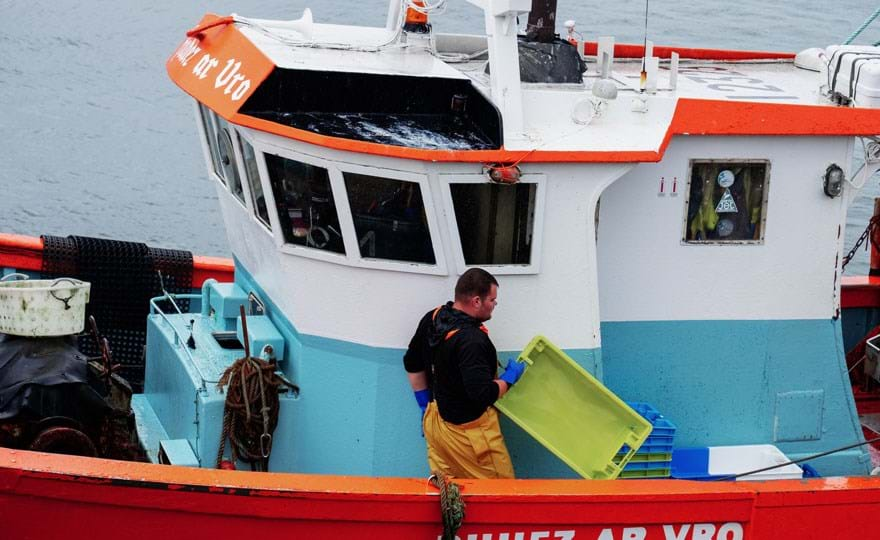ClientEarth Communications
17th April 2019


We are challenging the lack of transparency and public scrutiny around European decisions that set unsustainable fishing quotas behind closed doors.
Our lawyers have recently lodged a formal complaint to the European Ombudsman against the Council of the EU, after many years of unexplained fishing quotas set above the scientific advice for sustainable fishing limits.
Every December, the Council sets fishing limits for wild fish populations in the North East Atlantic for the following year. The quotas for many stocks are consistently set above recommended limits, threatening the recovery and long-term sustainability of fish populations.
These decisions are made in meetings closed to the public and while it is understood that industry has easy access to decision-makers, the Council refuses to provide the public with the information they need to participate meaningfully in the decision-making process.
Our environmental democracy lawyer Anne Friel said: “Every year, European fisheries ministers are setting unsustainable fishing limits in closed-door meetings. This lack of transparency makes it impossible for the public to hold governments accountable. The relevant documents are only made public once the decision has been taken. What’s more, when the Council finally gives the public access to documents, key information is missing, for example, meeting reports recording Member State positions. The Council needs to increase transparency of its decision-making process. The public has the right to know if their ministers are pushing for unsustainable quotas that jeopardise the health of our oceans.”
In 2017, the EU Ombudsman opened a strategic inquiry into the lack of transparency in the Council’s preparatory bodies. In early 2018, she issued a number of recommendations to the Council to improve transparency, including the publication of meeting minutes and making the documents register user-friendly.
But the Council failed to engage with these changes, prompting the European Parliament to adopt a resolution calling for the Council to take action.
Anne added: “The Council’s meeting documents must be made available in a timely manner and provide relevant information to help the public understand what their government is doing. Being more transparent would also incentivise ministers to follow advice from scientists rather than caving to industry demands. Year after year, European ministers have failed to end overfishing. Without urgent action, the EU will breach its legal obligation to ensure sustainable fishing limits by 2020.”
According to a recent report on the status and rebuilding of European fisheries, 69% of the assessed 397 stocks (including fish and other species) were still subject to overfishing in the last year with available data.